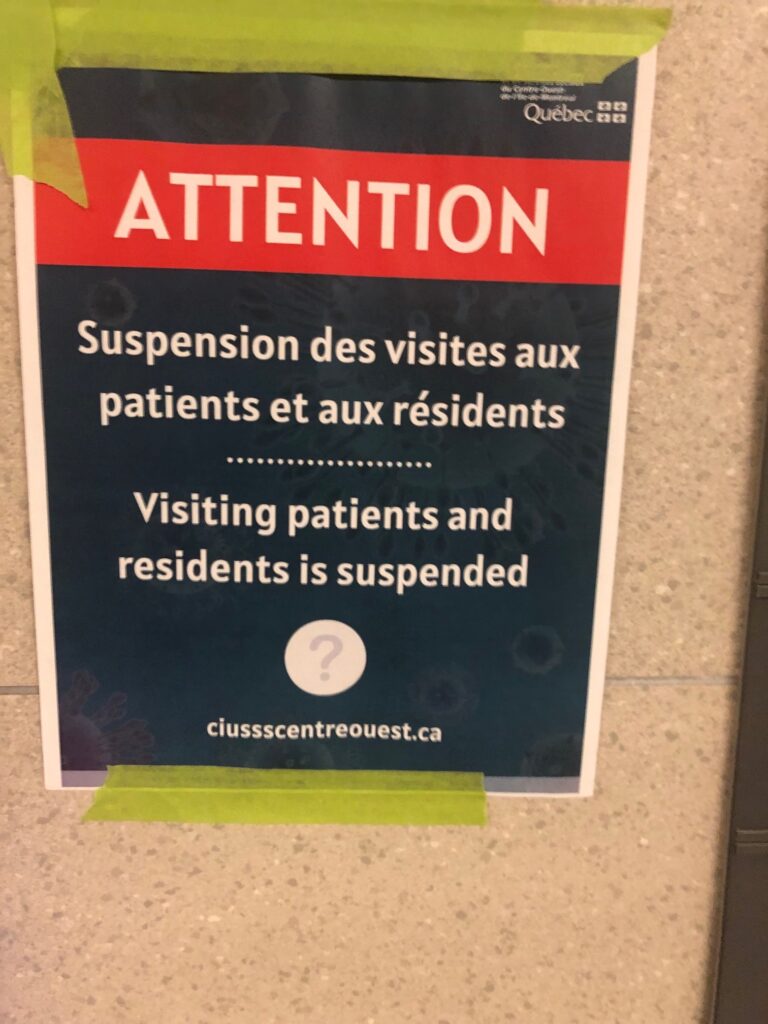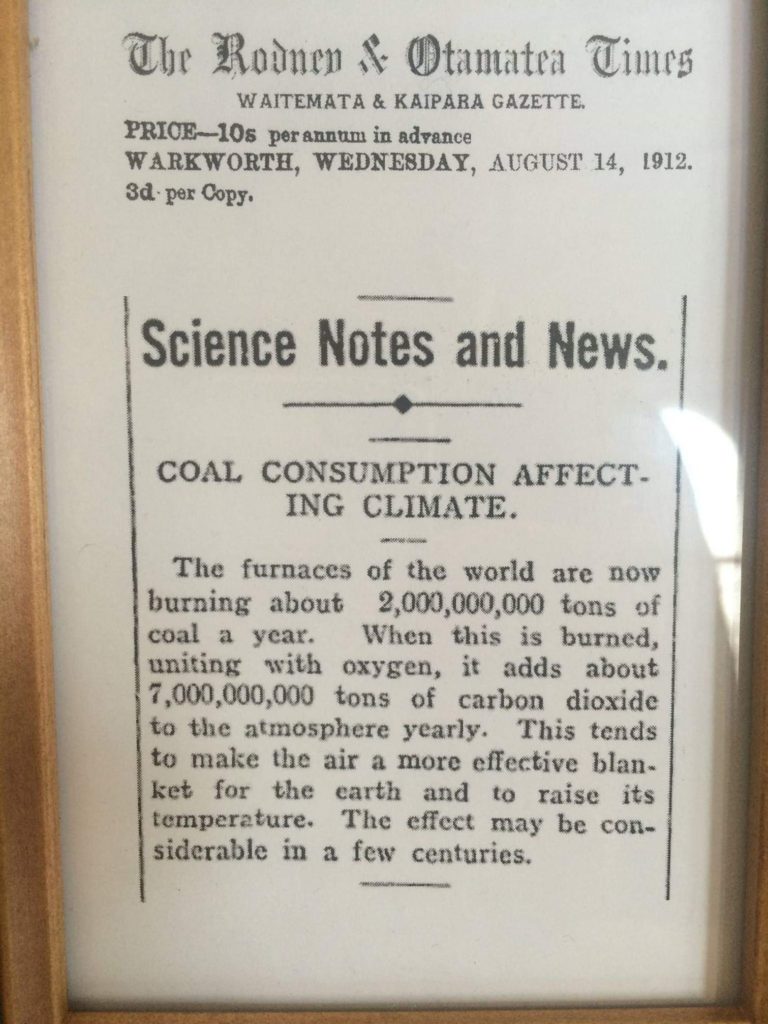Okay, we’re here for awhile. I’m going to start reviewing stuff. The usual caveats apply. My tastes aren’t yours, they might suck to you and certainly cannot withstand political scrutiny.
There are minor spoilers included but nothing that would ruin it for me if it was the other way around. There is a lot of pointless violence in what we watch. And then we are all like “wouldn’t it be nice to watch something with people talking” and we do that for awhile. YMMV.
The News Hour. This show is on fire. Yes, it is the least cool, least slick TV news show in the United States. Actual old people appear on air as respected authorities. Their usual unvarnished look is less varnished under quarantine. If you are unlucky enough to watch on Fridays you will have to listen to David Brooks talk for awhile. But while everyone seems to be talking about which comedians are pulling the comedy news thing off (note: one of them is not Bill Maher), the News Hour has completely raised their game. It gets repetitive if you watch it 5 days a week, but most episodes, they speak with someone on the “front lines” dealing with Covid (apologies for the war metaphor), they will have testimony from people you never heard from on the news–like actual working people, people of colour, talking about how the economic shutdown or some stupid U.S. policy is affecting them. They will explain how things actually work. Interviews are long form, and the interview questions are always good. Donald Trump loathes Yamiche Alcindor, their White House reporter, because she kicks ass. Two of their other reporters have cats that often make guest appearances on the show. Carrie has been tracking William Brangham’s cats for week. Downsides to their approach include some repetition (but not Rachel Maddow level where it seems like you’re seeing the same show night after night, and not New York Times level where it is literally the same story over and over slightly repackaged); if you get a bad interview, like any elected politician, or a republican doing talking points, it will go on forever; oh, and David Brooks is on Fridays, and he is basically the Jungian archetype for the mediocre white man who thinks he got where he is because he is more excellent than all the other people (see also: much of the rest of the New York Times editorial section). It is best to watch on time-delay so you can fast forward when necessary. We wish there was TV reporting like this in Canada. In the meantime, we’re going to try alternating them and Al-Jazeera news.
Billions. I’m so happy it’s back! A trashy melodrama where the rich and powerful (state’s attorney vs. hedge fund founder) try to outwit and outplay one another. Everything and everyone is corrupt and compromised, but extremely shiny. My code name for this show is “men smouldering at one another” because the best part of each episode is where Paul Giamatti or Damian Lewis’ characters are consumed with rage at one another/thwarted ambition and say something through gritted teeth because they cannot let their feelings out. There’s also a non-binary character played by Asia Kate Dillon who embodies the old Dungeons and Dragons alignment of lawful evil. They do not, however, smoulder. They emote more flatly, even when betrayed. Nice. If Succession is the Star Trek of trashy rich douchebaggery TV–high concept, big ensemble cast, different leads in different episodes, interleaved stories (also highly recommended)–this is the Lost in Space of douchbaggery, but much much glossier.
Lost in Space. Speaking of Lost in Space, it will not surprise you to learn that the remake is a new, darker take on the classic TV show. It got off to a rocky start (bad writing, so-so acting) by we got into it (did they get better or did we lower our standards?). I’m not normally partial to shows with a child as a main character but they really do pull it off. If there is another season, we will watch it.
The Last Ship. Speaking of Star Trek, this is Star Trek, in navy ships, for conservative Americans, with racism and God shit, and it’s pandemic-themed for the win. It aired on TNT in case that means anything. Carrie’s dad recommended it. To explain it, let me spoil the first episode for you. A U.S. navy ship goes up above the arctic circle to do some war games exercises. Oh, and they brought along a couple scientists to collect some samples for their research. They maintain radio silence. Four months later, they turn on the radio and find out, lo and behold, that their mission was actually to carry the scientists because a virus has been ravaging humanity, and in the 4 months they weren’t communicating with anyone, the world was ending. And the scientists were secretly in touch with people back home and knew everything but couldn’t tell anyone. So now they have a possible cure, there are no nation states left, and they’re, like, just one boat and people are pissed at the scientists, whom they also need in order to save the world. The acting is really wooden to start out (it briefly gets better before going to shit again), there is no chemistry to start, some of the lead women look like they’ve been starved and had plastic surgery (you’ll know who I’m talking about). But this is really a show about a group of highly competent people who believe in their mission, who “just happen” to mostly be men. If you meet someone from Southeast Asia, the Middle East, Russia, Latin America and several other areas, yes, it’s quite likely that they are evil. Even the Greeks eventually get racialized to move the plot forward in a later season. Speaking of race, the cast is actually more multiracial than Star Trek, though the white people are mostly in charge. Carrie would say to me “I would like to watch my competent people now” and I would comply. Yes, we watched all five seasons. It jumps the shark somewhere in season 3. It took a long time to get through it all. #peakpandemicTV
Ozark: A money-laundering accountant/financial planner (love that little detail–it becomes relevant) appears to double-cross his drug-running employer. They must flee from Chicago to the Ozarks, where they must find a way to make it up to the drug lord before he kills them while interacting with a range of people from the area, all of whom are poor or working class white. The show is dark, everything is shot through a blue filter, and the acting is very good. It is occasionally and briefly hilarious, but the violence is really gross, so watch out. We are in season 2 right now. More for grist for the critical white person studies mill.
Designated Survivor: 60 Days. This is the Korean remake of an American show that is still on the air. In the original Kiefer Sutherland is a low ranking cabinet member who is left behind as the “designated survivor” to ensure continuity of government if there is an attack during the state of the union address which, of course, then occurs a few minutes into the first episode. Essentially, Kiefer Sutherland plays a liberal president (who somehow does not belong to a political party) while spending 3 seasons apologizing for having played Jack Bauer, and ever scene with Maggie Q is a failed attempt at an action sequence or police procedural. Yes, we have watched all of it. Yes, it is a crappy version of Madam Secretary, which was a crappy version of the West Wing, which is the shadowy Hegelian double of House of Cards (and vice-versa). So when the Korean remake of Designated Survivor was suggested to us by Netflix, we said what the hell, why not? In a way, it is better than the original. But it is really Korean, which means it’s not made for export: to my Western tastes, the episodes are painfully long, full of weird face acting and unnecessary flashbacks, and the music video sequences make less sense than they do when they are overused on American shows like Manifesto. I wrote to Michelle Cho, a friend at U of Toronto who does Korean Studies, and she confirmed that this is normal because these shows are released simultaneously on Korean TV and Netflix, and there are advertisers and conventions to satisfy. It was just. too. weird. for us. We couldn’t get through the season, despite the long-arc storyline. Rare.
Speaking of Manifest, here is an update. We kept watching, but only when we were feeling very strong, or had something else to do at the same time, like surf the web. The season ended and I still don’t know if I’m watching science fiction or some hobbit shit. Very disappointed not to get resolution on that one.
The Plot Against America: David Simon (The Wire) adapts Phillip Roth’s novel about a fascist America where Charles Lindberg becomes president. Great period settings, didactic storytelling; and it turns out that fascism is bad for the Jews.
Unorthodox. Great performances all around. It turns out that ultra-orthodox male Jews: bad for ultra-orthodox female Jews.
BONUS ROUND: Token movies
Crip Camp. Highly recommended. Is it essential U.S. disability history or inspiration porn? The Obamas produced it, so of course it’s both at once, at least according to review. Actually, they did a good job, but I don’t think disabled people can make documentaries without someone calling them inspiring, so maybe it’s not the film’s fault. It was really great to see film footage of a bunch of stuff I’ve read about in disability history. It definitely oversells the importance of the camp to the movement (except that some important people in the movement came out of the camp, and the camp was important to them), but that’s filmmaking, and memory.
Planet of the Humans: Hell no, Michael Moore. It sucks when one of your heroes disappoints you. (How many smart, successful fat people do you see on TV and in the movies? What’s that? “Something something John Goodman”? Yeah, whatever. My point is made.) Planet of the Humans is basically the highbrow version of Plandemic.


